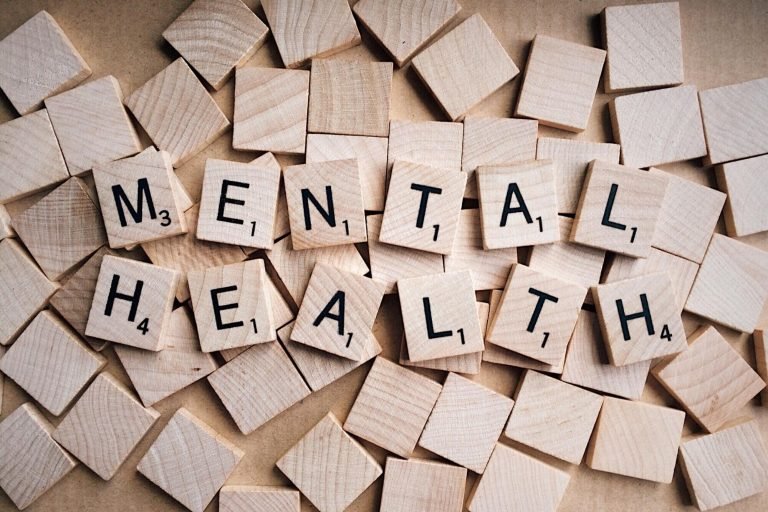Are you aware of the big effect that residential treatment can have on mental recovery? Residential treatment, the unsung hero, often doesn’t get the spotlight it deserves.
Imagine trading the noise of everyday life for a serene environment structured to aid in your healing journey. In the following sections, we will take you on an enlightening tour.
We will showcase how it can serve as a game-changer in the quest for mental health recovery. Buckle up and get ready to explore a route to recovery you may not have considered before!
What Is Residential Treatment?
Residential treatment, or inpatient treatment, is a form of mental health care. It takes place in a controlled environment.
It involves living at a facility 24/7 for an extended period. All while receiving intensive residential therapy and support from medical professionals.
Residential treatment can significantly aid individuals through the five stages of recovery effectively. It offers a safe, structured environment for healing and growth.
Residential treatment programs address a wide range of mental health conditions. This includes depression, anxiety disorders, post-traumatic stress disorder (PTSD), and substance abuse disorders.
Benefits of Residential Treatment
In the next section, we’ll delve into the myriad benefits of residential treatment. We will shed light on why it stands out as a viable option for individuals grappling with mental health conditions:
24/7 Support and Supervision
One of the best things is getting help and control from medical pros 24 hours a day, seven days a week. At this level of care, people are constantly monitored.
This lowers the chance that they will return or do something dangerous. The feeling of safety and protection it gives people with serious mental illnesses is also vital.
Tailored Treatment Plans
Each individual’s journey to recovery is unique, and residential treatment recognizes this. That’s why these programs offer tailored treatment plans that cater to each patient’s specific needs. This personalized approach allows for a more effective and comprehensive treatment experience.
Immersive Healing Environment
Residential facilities, often located in quiet areas, are suitable for healing. The peaceful setting lets people forget what stresses them out in everyday life and focus only on their healing.
Comprehensive Care
Residential treatment takes a complete approach to mental health care. They are looking after all of a person’s health needs.
This covers wants for the body, the mind, and the spirit. Every part of a person’s care gets thought about, from therapy meetings and healthy food to fun things to do.
Peer Support
It is common for people in living centers to be around other people who are also trying to get better. This built-in support system can be very helpful. People can connect over shared problems and experiences, giving each other much-needed support.
Skill Building
Besides therapy and support, they help people learn methods to deal with problems. These skills can include healthy communication, stress management, and relapse prevention strategies.
The goal is to give people the tools they need to deal with their mental health problems once they return to their normal lives. This focus makes healing more long-lasting and lowers the risk of return.
Embrace Holistic Mental Health Recovery: Choose Residential Treatment!
The residential treatment presents a holistic and supportive pathway towards mental health recovery. With the benefits above, it stands as a beacon of hope for individuals battling mental health challenges. Residential treatment means a comprehensive, immersive, and fruitful journey toward improved mental health.
Don’t wait to start your journey towards holistic recovery. Visit our blog today for more insights and success stories. Your path to improved mental health could be just a click away.


1 Comment
Pingback: A Guide to CBD Flower: Benefits, Usage, and More